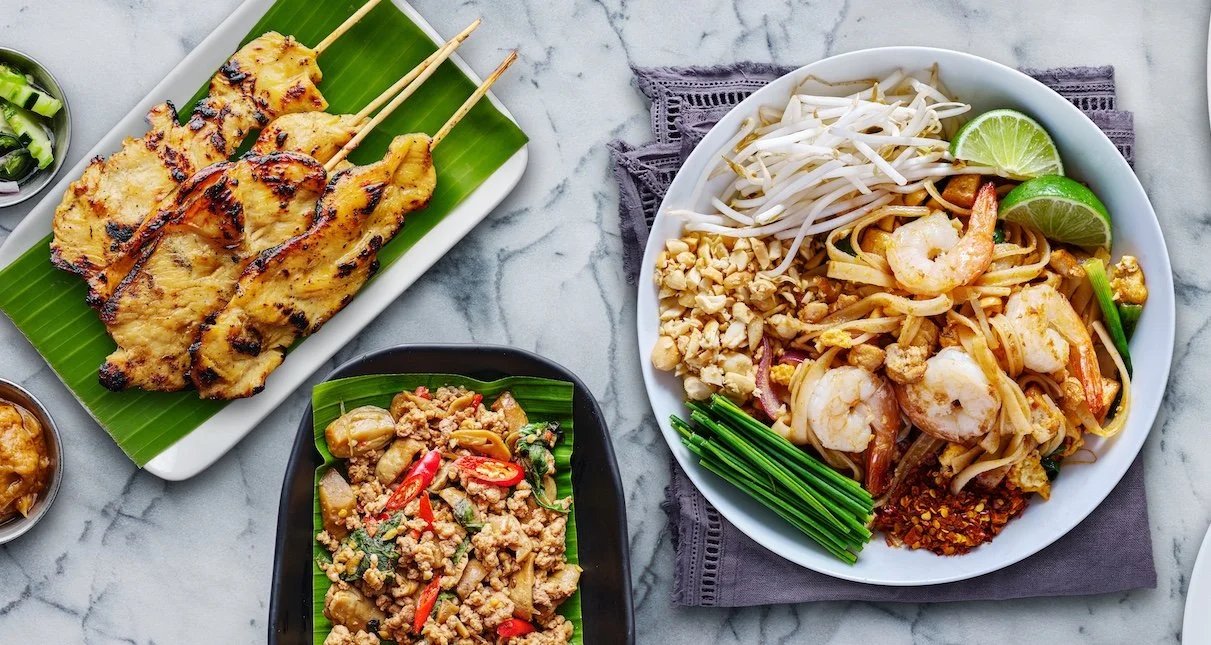Food and Mood: How What You Eat Affects Anxiety Levels
Anxiety is a prevalent mental health issue that affects millions globally. While therapy, mindfulness, and medication are commonly used to manage anxiety, the impact of nutrition is often underestimated. The food we consume directly affects our brain chemistry and overall mental well-being. Understanding the relationship between diet and mood can be transformative for those who experience anxiety.
The Gut-Brain Connection: Why Food Matters
You’ve likely heard the saying, “You are what you eat.” When it comes to mental health, this couldn’t be truer. The gut and brain are closely connected. About 90% of serotonin, the neurotransmitter responsible for feelings of happiness and relaxation, is produced in the gut. When we eat a diet rich in processed foods, sugar, and unhealthy fats, we disrupt the gut microbiome, leading to inflammation, poor digestion, and imbalances in neurotransmitters—all of which can contribute to anxiety.
Foods That Can Increase Anxiety
Certain foods may contribute to heightened stress and anxious feelings. Here are a few culprits:
1. Sugar and Refined Carbohydrates
Sugary snacks, sodas, white bread, and pastries cause rapid spikes and crashes in blood sugar levels, leading to mood swings, irritability, and increased feelings of stress. High sugar intake is also linked to inflammation, which may worsen anxiety symptoms over time.
2. Caffeine
While a morning cup of coffee can boost energy, too much caffeine can lead to jitters, a rapid heartbeat, and increased cortisol (the stress hormone) production. If you’re prone to anxiety, consider limiting caffeine or switching to herbal teas.
3. Processed Foods and Artificial Additives
Highly processed foods contain preservatives, artificial sweeteners, and additives that may negatively impact brain function. Research suggests that diets high in processed foods are linked to an increased risk of anxiety and depression.
Foods That Help Reduce Anxiety
Just as certain foods can contribute to anxiety, others can help regulate mood and promote relaxation. Here are some anxiety-friendly foods to incorporate into your diet:
1. Omega-3 Fatty Acids
Omega-3 fatty acids in salmon, walnuts, chia seeds, and flaxseeds help reduce inflammation and support healthy brain function. Studies have shown that regular omega-3 intake is associated with lower anxiety levels.
2. Probiotic-Rich Foods
Since gut health plays a significant role in mental well-being, probiotic-rich foods like yogurt, kefir, sauerkraut, and kimchi can help balance gut bacteria and support serotonin production.
3. Magnesium-Rich Foods
Magnesium is a natural calm-inducing mineral found in leafy greens, almonds, avocados, and bananas. Studies suggest that magnesium deficiency may contribute to increased anxiety and stress.
4. Complex Carbohydrates
Whole grains like oats, quinoa, and brown rice provide a steady release of glucose, helping maintain stable blood sugar levels and keeping mood swings at bay.
5. Herbal Teas
Chamomile, green tea, and peppermint tea contain natural compounds that promote relaxation and help reduce stress hormones in the body.
Final Thoughts: A Holistic Approach to Anxiety
Multiple factors, including lifestyle, genetics, and environment, influence anxiety. While food alone isn’t a cure, a balanced diet rich in whole, nutrient-dense foods can significantly manage anxiety symptoms.
If you’re struggling with anxiety, consider keeping a food journal to track how different foods impact your mood. Small dietary changes, combined with therapy and self-care, can lead to lasting improvements in mental well-being.
Don't hesitate to contact our trained therapists at Real Talk Counseling today if you need support on your journey to better mental health. You deserve to feel your best—inside and out!



